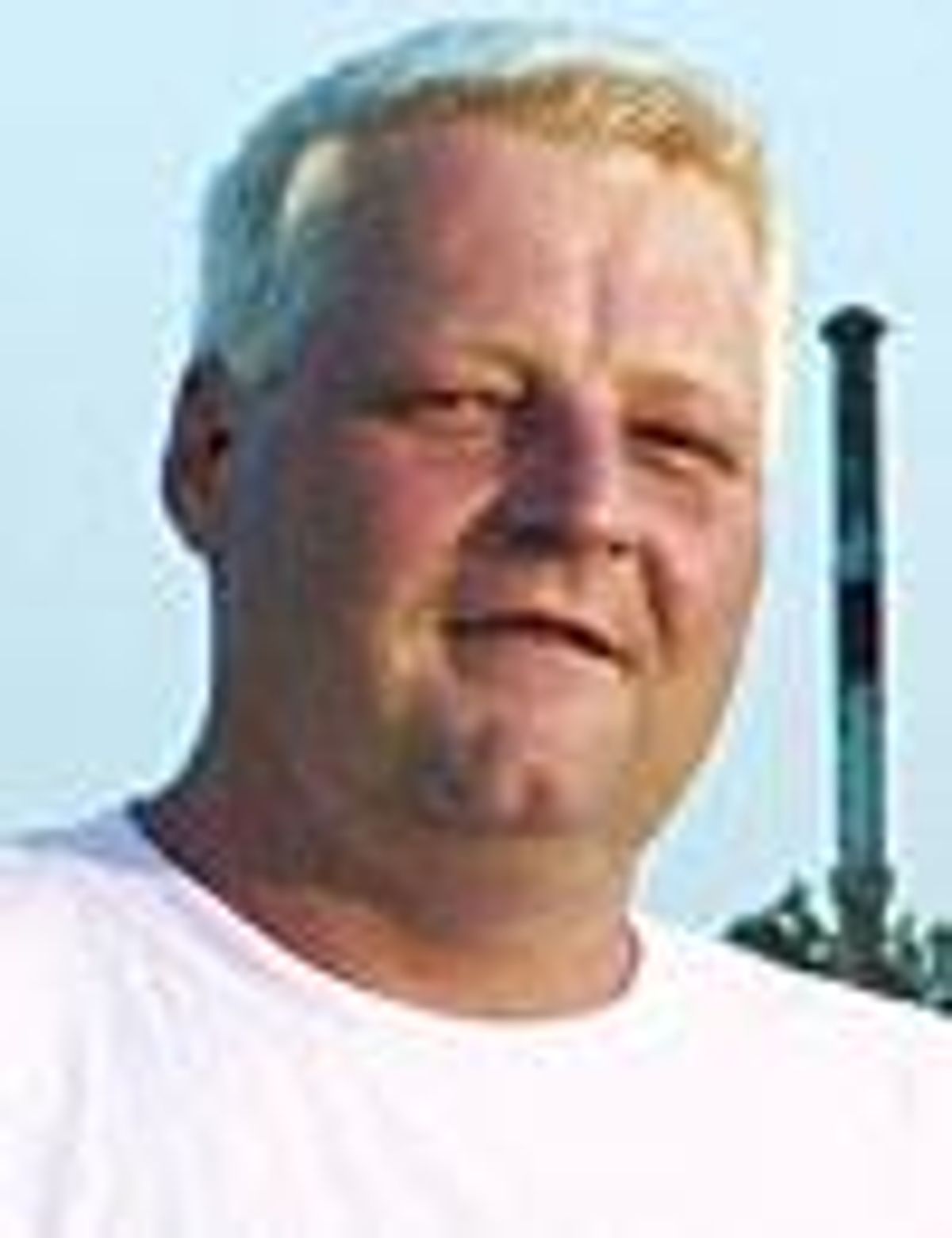
In May 2007 a tornado nearly demolished the town of Greensburg, Kan. One year later resident David Yohn says things couldn't be better.
June 19 2008 12:00 AM EST
November 17 2015 5:28 AM EST
By continuing to use our site, you agree to our Private Policy and Terms of Use.

In May 2007 a tornado nearly demolished the town of Greensburg, Kan. One year later resident David Yohn says things couldn't be better.
When the tornado's wrath was over, I felt relief. All of my family survived, as did four of the homes in which we lived. It wasn't until I walked across town the next day to retrieve pain medication for my aunt that I witnessed the near-annihilation of Greensburg. Until that moment, I never knew how intense an emotion the word bewilderment describes.
Some 1,500 people were evacuated that day, leaving the town empty and dark as the family farm where we all took refuge for the next month. (There was no electricity for days.) Both sides of my family had arrived from Missouri and Germany as far back as the 1850s, some by oxen and covered wagon, making me a member of the fifth generation twice over. The town we had lived in for decades was gone, but at least the four living generations were unharmed.
Within a week the community began assembling under a tarp for town meetings and church services. We had to rebuild, and doing it "green" was a concept that grew in our group conscience. Our mission was to be a model sustainable city for the world--a living, breathing laboratory for greenness. Even President Bush acknowledged our cause when he visited the town this May.
A new arts center is now operating. Money is being raised for a $35-million state-of-the-art, eco-friendly school. The New York Says Thank You Foundation is planning an old-fashioned "barn-raising" this September to rebuild the 14,000-square-foot main pavilion of the 4-H fairgrounds. And companies from around the country are pitching in, like Frito-Lay, maker of SunChips, which donated $1 million to start a business incubator in town that will house 10 local businesses and help them prosper. New jobs attract new residents, and there will be plenty of them, from opportunities in green-products manufacturing and sustainable energy research and development to the small businesses run by people who want clean air and beautiful sunsets.
Hollywood has come calling too: Leonardo DiCaprio's production company has been documenting our town's amazing transformation for the Discovery Channel's Planet Green channel. The resulting series, Greensburg, is currently airing.
I'm the only gay person in Greensburg I know of, but I expect that to change along with all the other positive developments. The signs point to a town that is ready to embrace a robust LGBT community. Sure, my female friends and I joke about the shirtless construction workers everywhere, but on a serious note, the average age of city council members has dropped by a decade or two, thanks in part to the diminished voter base following the post-storm exodus. In line with surveys, they have a more open attitude about gay people. Of course, some of my older friends share that openness too: A 73-year-old hetero coworker recently told me how much more attractive he thinks Greensburg will be to gay people because of the town's commitment to being green.
I envision a rural town that urbanely accepts gay people. When I look ahead, I can see myself walking downtown holding the hand of a future husband, or watching our kids play in the park. I see an LGBT center that helps rural gays live open and free lives instead of staying in the closet. In the cafe and bakery I plan to open, I will proudly display a rainbow sticker in the window. Greensburg will have both its history and a new mind-set to draw upon for its future.
A year ago the town was reduced to almost nothing. But over time it's become easier to look forward and not dwell on our overwhelming loss. Those who aided us from the beginning are amazed at how far we've come and at the quick pace. History shows that towns that plan and organize in the aftermath of natural disasters only grow. We expect Greensburg to have a population two to three times as large as before the storm, with limitless opportunities in store--from green to gay. It's a big dream, but we're dreaming it.
After the tornado hit I thought my roots were gone. Now I know they were only pruned--and are birthing vigorous new shoots.